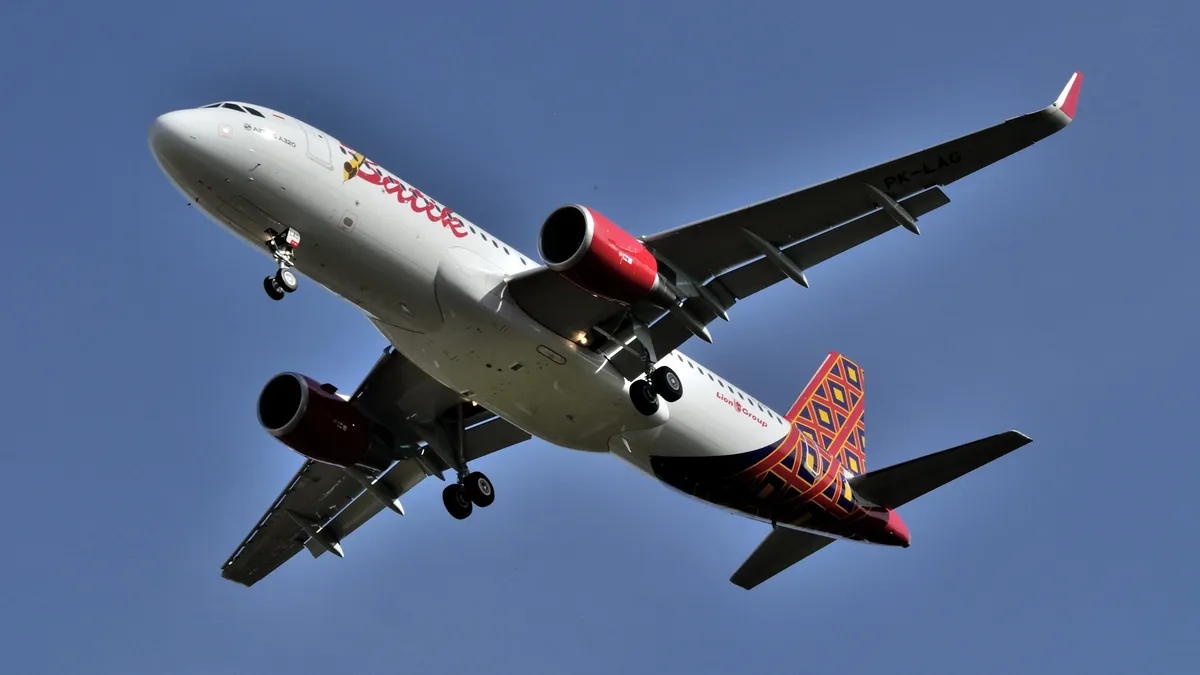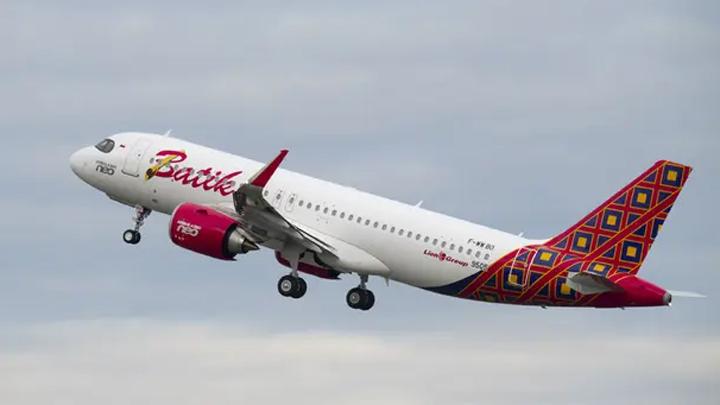Two pilots from an Indonesian airline have sparked discussions around the necessity of paid paternity leave, following an incident where they fell asleep in the cockpit for nearly half an hour.
The first officer permitted the captain to take a brief rest and then succumbed to sleep himself, citing fatigue from tending to his one-month-old twins at home.
Despite this lapse, Batik Air Flight 6723, carrying 153 passengers, managed to land safely at Soekarno–Hatta International Airport in Jakarta after both pilots woke up and realized the aircraft had deviated from its intended course.
Subsequently, both pilots were grounded, and the country’s transport ministry launched an investigation into the incident.
According to an initial report, air traffic control lost contact with the Batik Air Airbus A320 90 minutes into its flight while the aircraft was cruising at an altitude of 36,000 feet.
However, ATC was able to track the plane’s movements using radar. During the 28 minutes that the pilots were asleep, the airliner traveled 210 nautical miles (equivalent to 241 miles), slightly further than the distance between New York and Washington, D.C. The report stated:

“The [pilot-in-command] woke up and realized that the aircraft was not in the correct flight path. The PIC then saw the [second-in-command] was sleeping and woke him up. At about the same time, the PIC responded to the call from another pilot and Jakarta ACC.
The PIC advised the Jakarta ACC that BTK6723 experienced a radio communication problem, and the problem has been resolved. The flight then continued and landed at Jakarta uneventfully.”
Although the pilots initially attempted to conceal the incident, it went unnoticed by the aircraft’s four flight attendants due to the airline’s safety protocols, which mandate cockpit checks only every 30 minutes.
Airline pilots falling asleep in the cockpit isn’t uncommon. ITA Airways had two pilots fall asleep in June 2022 during a transatlantic flight between Rome and New York, prompting the French Air Force to deploy fighter jets as a precaution against potential hijacking.
According to the BBC, a 2013 survey conducted by the British Airline Pilots’ Association revealed that 56 percent of pilots admitted to sleeping while at the controls, with 29 percent reporting instances where they woke up to find their co-pilot also asleep.
Also read: Upcoming Autopilot Trial to Assess Tesla’s Driver Responsibility Defense

